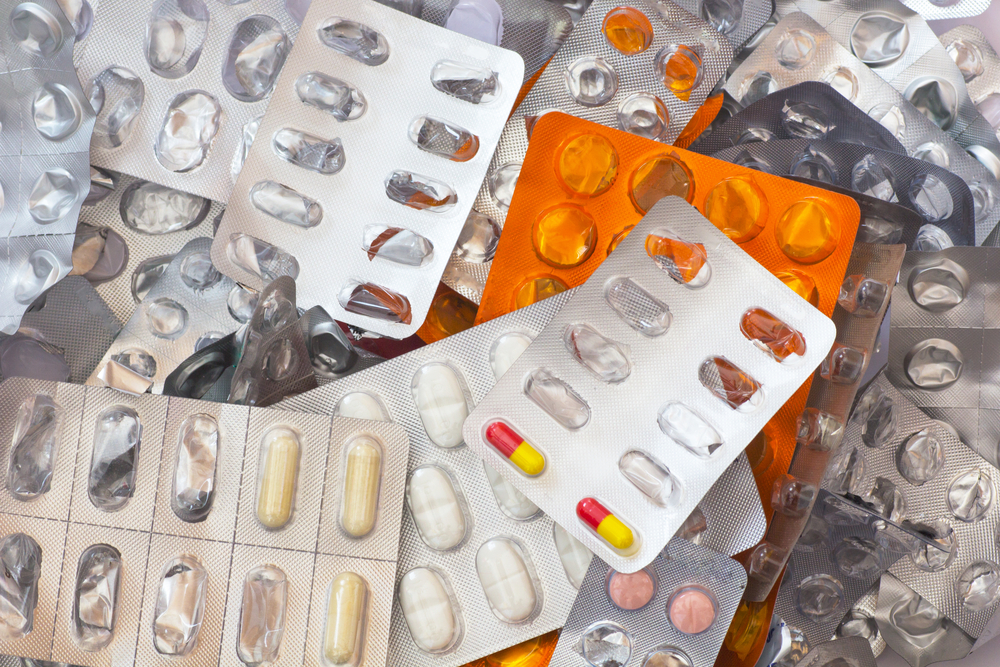Medical Waste Disposal for Pharmacies: Compliance and Best Practices – In order to remain compliant and successful, pharmacies should adopt best practices to ensure medical waste disposal is done right.
Pharmacies are an essential component of the healthcare industry, providing prescription drugs and other medical supplies to millions of people. However, they are also tasked with properly managing and disposing of medical waste in a safe and environmentally-friendly manner. Failure to do so can result in serious consequences, such as fines, penalties, and even legal action.
Since pharmacies generate various types of medical waste, including expired medications, used syringes and needles, and other medical supplies, they must ensure that the waste is disposed of in a safe and compliant manner. Some of the regulations that pharmacies must adhere to include:
- HIPAA Compliance: Pharmacies are required to maintain the confidentiality and privacy of patient information. This includes any medical waste that may contain confidential patient information.
- OSHA Compliance: The Occupational Safety and Health Administration (OSHA) sets standards for handling and disposing of medical waste, including the use of personal protective equipment and the proper labeling and packaging of waste.
- EPA Compliance: The EPA sets standards for the disposal of hazardous waste, including certain types of medical waste. Pharmacies must ensure that such waste is disposed of in accordance with these guidelines.
In order to remain compliant and successful, pharmacies should adopt best practices to ensure medical waste disposal is done right. Some of these practices include:
- Segregating waste: It is important to separate different types of medical waste, such as sharps, hazardous waste, and non-hazardous waste by properly labeling so it can be disposed of in the appropriate manner.
- Proper packaging: In order to prevent the risk of injury and exposure to harmful materials, pharmacies must use puncture-proof, leak-proof, and tamper-evident containers for sharps and other hazardous waste.
- Disposal methods: Pharmacies must follow the appropriate methods for disposing of medical waste, including incineration, autoclaving, and other approved methods. It is important to work with a reputable medical waste disposal company that adheres to all regulatory guidelines.
- Staff training: All staff must be trained on the proper handling and disposal of medical waste.
Remember, working with a reputable medical waste disposal company will ensure that your pharmacy is fully compliant and is doing its part in protecting public health and the environment.
You Might Also Like:
- It’s Flu Season: Waste Management Solutions for Vaccines
- What Happens to Medical Waste When It Leaves Your Facility
- What is Cradle to Grave Processing?

Service Areas: Long Island Medical Waste; New York City Medical Waste; Westchester Medical Waste; and more.


